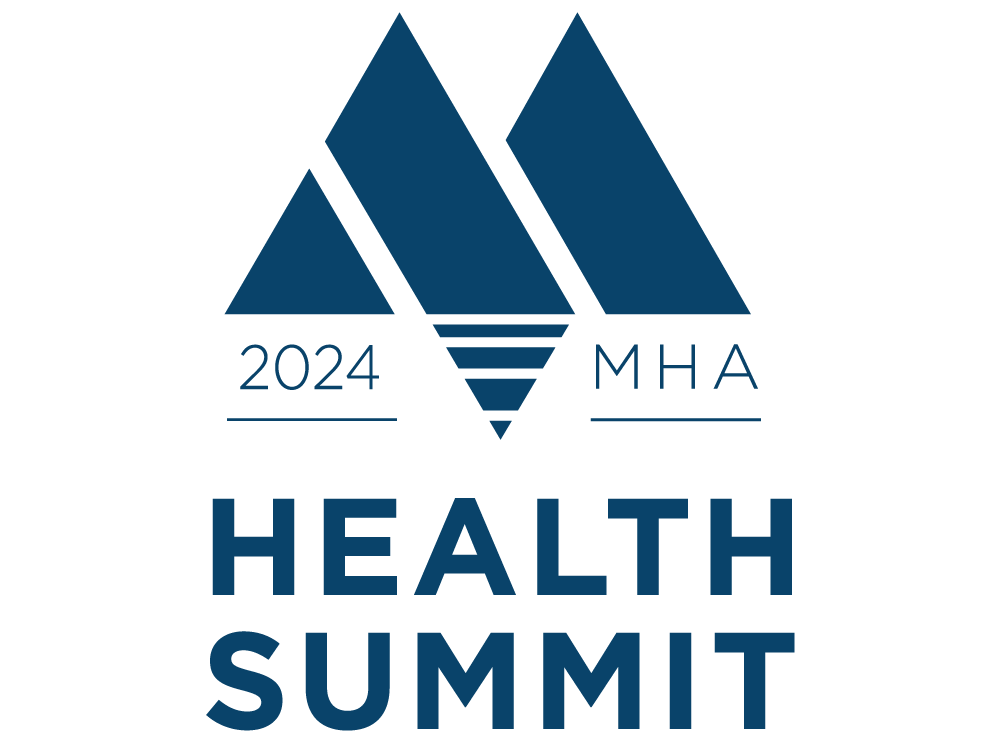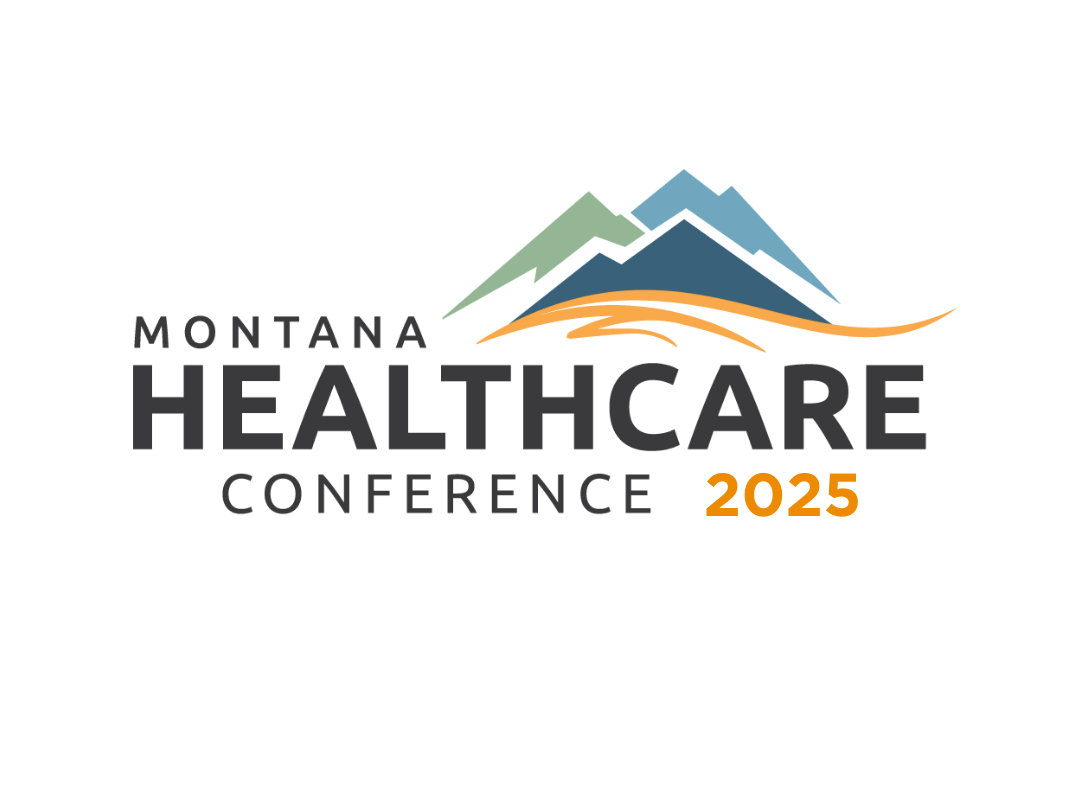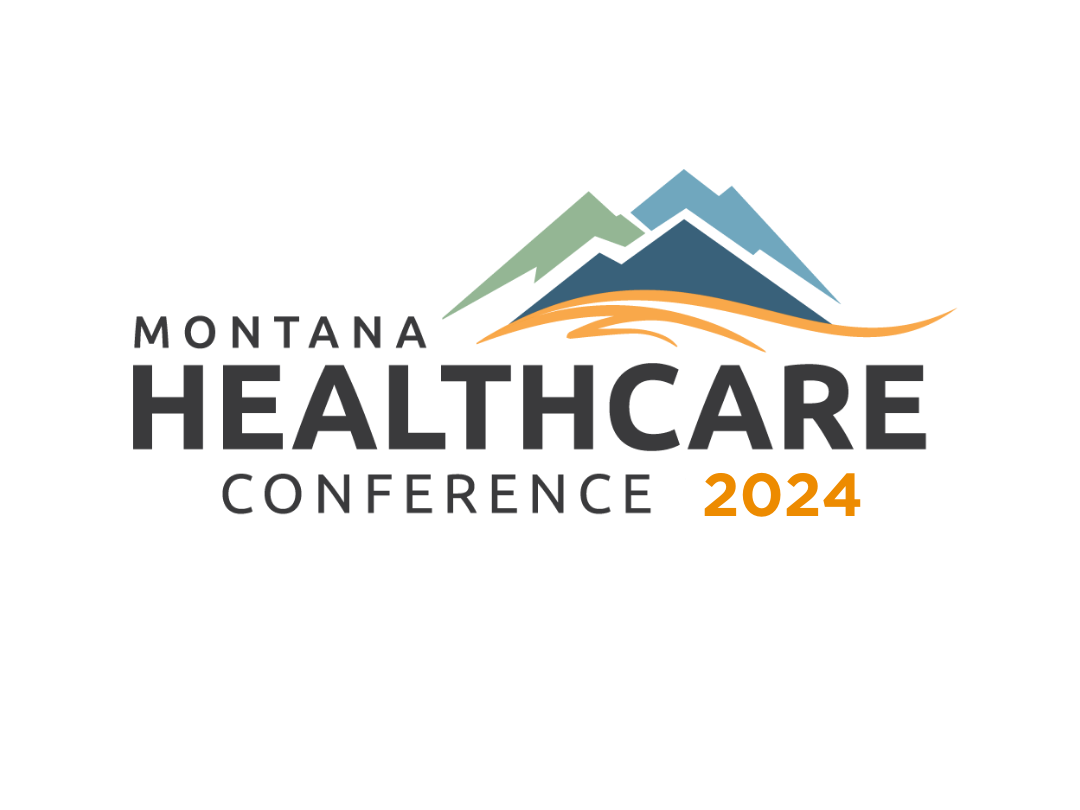Events
The MHA Corporate Compliance Conference is designed to provide healthcare compliance professionals and their legal advisors with the knowledge and tools needed to maintain compliance programs, as well as enable a response to emerging regulatory developments.
The faculty is comprised of compliance professionals, members of the legal profession, and other experts.
Participants will learn from the real-life experiences of their peers and from others who dedicate themselves to ensuring that healthcare organizations continue to provide high-quality services while preventing and detecting violations of law.

The MHA Health Summit is the premier educational opportunity to jump-start member learning for a new season. This one-of-a-kind event will offer a trade show and a wide range of educational topics to include emerging health equity trends; population health and quality improvement best practices; advances in telehealth; rural health transformation; how to be an effective leader; the future of healthcare; and much more. We are now accepting abstract submissions and speaker proposals for this in-person event.
Visit the event website at http://mhahealthsummit.org/
Thank you for viewing“No Surprises Act” with Martie Ross and Kathy Reep from PYA. Below you will find links to some of the referenced materials to include the recording of this webinar.
Handouts and Resources:
PYA Healthcare Transparency Implementation Guides
CMS Requirements Related to Surprise Billing
Recording:
Click here to access the recording of this webinar.

The 2025 Montana Healthcare Conference is a collaborative event offered by the Montana Hospital Association and co-sponsored by the Montana Primary Care Association. It is the largest healthcare education opportunity in Montana. Participants experience interdisciplinary topics with a focus on general trending issues. By partnering with affiliate organizations in the state, we can offer education targeted to their members’ needs.
The event offers three keynote sessions, multiple concurrent sessions, networking opportunities, the largest exhibitor trade show in the state, and more. Participants from every facility in Montana can expect to gain insight into leadership, new technology, industry trends, quality excellence, and human motivation.

The 2024 Montana Healthcare Conference, hosted by the Montana Hospital Association in collaboration with the Montana Primary Care Association, stands as the premier gathering of healthcare professionals in Montana. Drawing attendees from almost every hospital and community health center across the state, this event boasts over 450 participants representing a diverse range of roles such as CEOs, administrators, trustees, CFOs, HR executives, physicians, nurse leaders, clinic managers, quality improvement professionals, risk managers emergency preparedness planners among others.
Attendees will benefit from unparalleled education and networking, including access to more than 50 educational sessions and Montana’s largest healthcare trade show designed to connect colleagues and potential business partners to innovative and cost-effective solutions. The conference features national and international speakers alongside local industry experts who cover a wide range of relevant topics. Check back for more updates soon!
This program is aimed at those in management positions and focuses on improving management and leadership skills, regardless of facility or department. The program encompasses interpersonal communication and basic management skill development.




